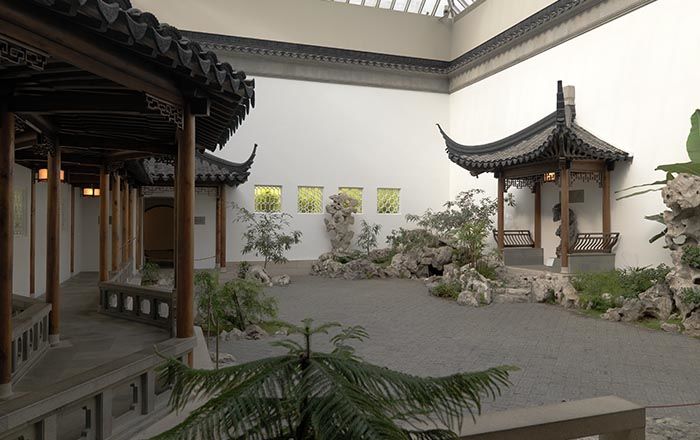Eight Attendants of Fudō Myōō
Not on view
Fudō's youthful attendants, numbering two, four, eight, or sixteen, were thought to be multiples of his name, the many from one. Servants of the pantheon of Buddhist deities and equipped with supernatural powers, they increasingly became objects of religious interest during the Middle Ages in Japan. Portable shrines, or zushi as they are known in Japan, have been part of religious accoutrements from the very earliest years of Japanese Buddhism. The oldest extant example dates to the mid-seventh century and is housed in Hōryū-ji temple in Nara. This panel was most likely one of a pair of doors flanking a carved statue of Fudō.
Due to rights restrictions, this image cannot be enlarged, viewed at full screen, or downloaded.

